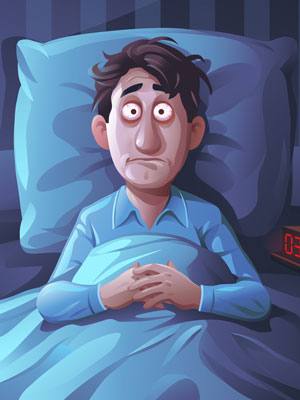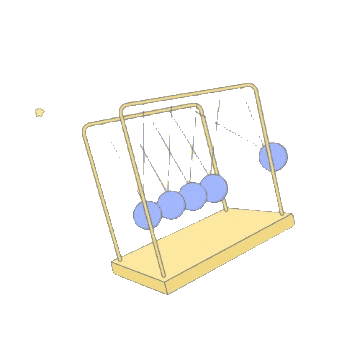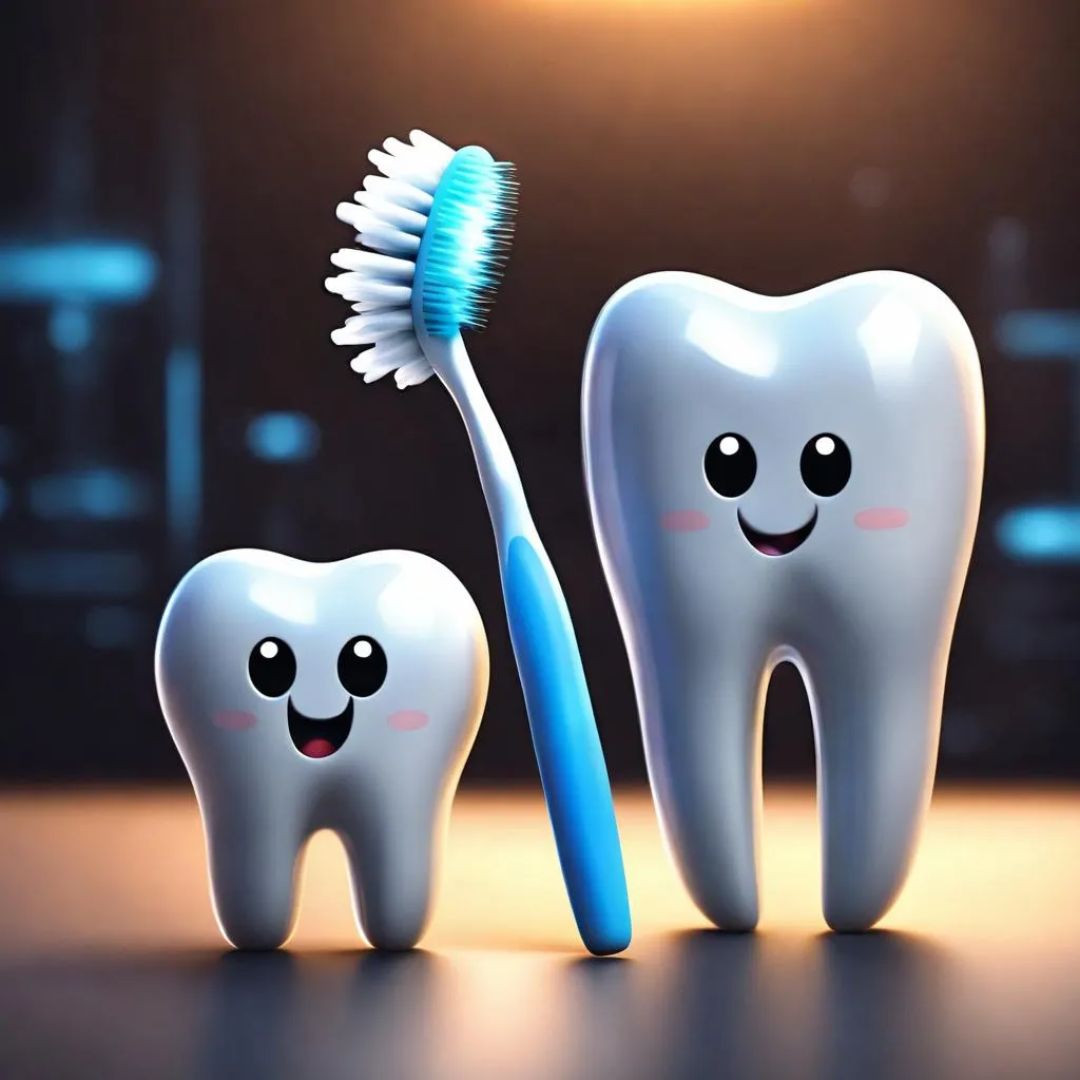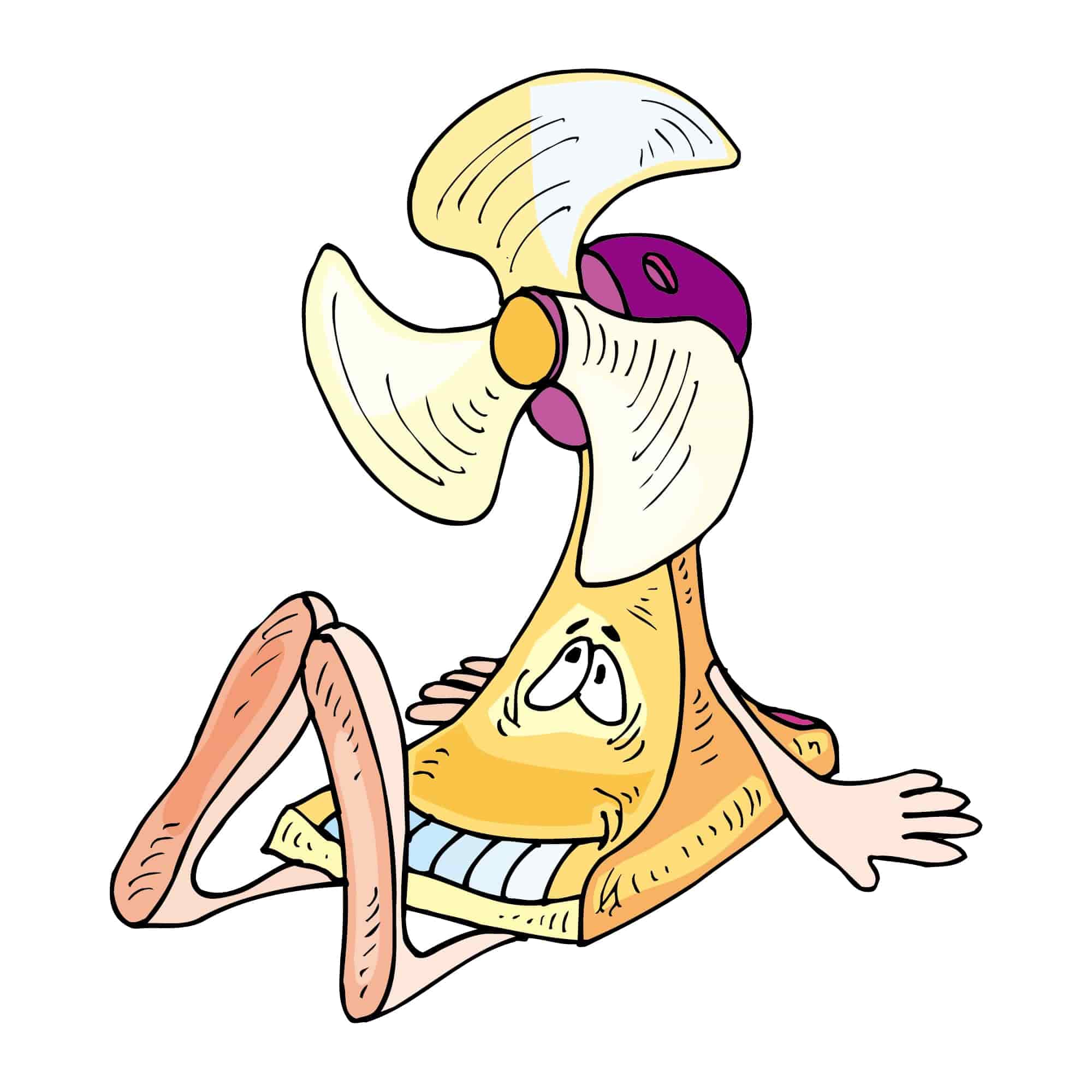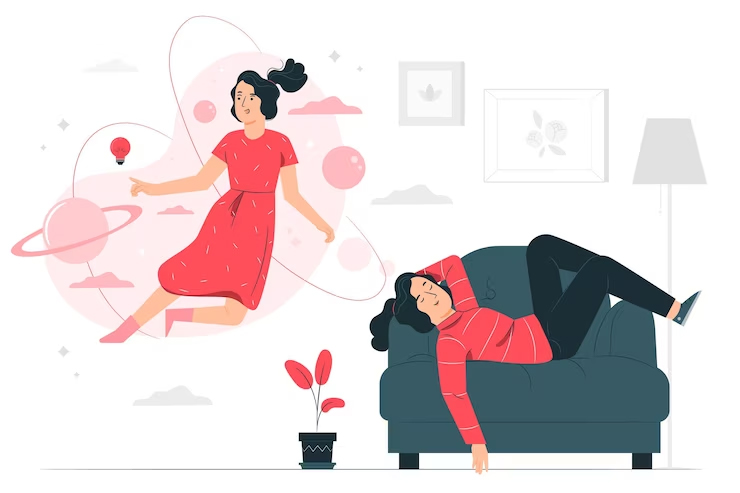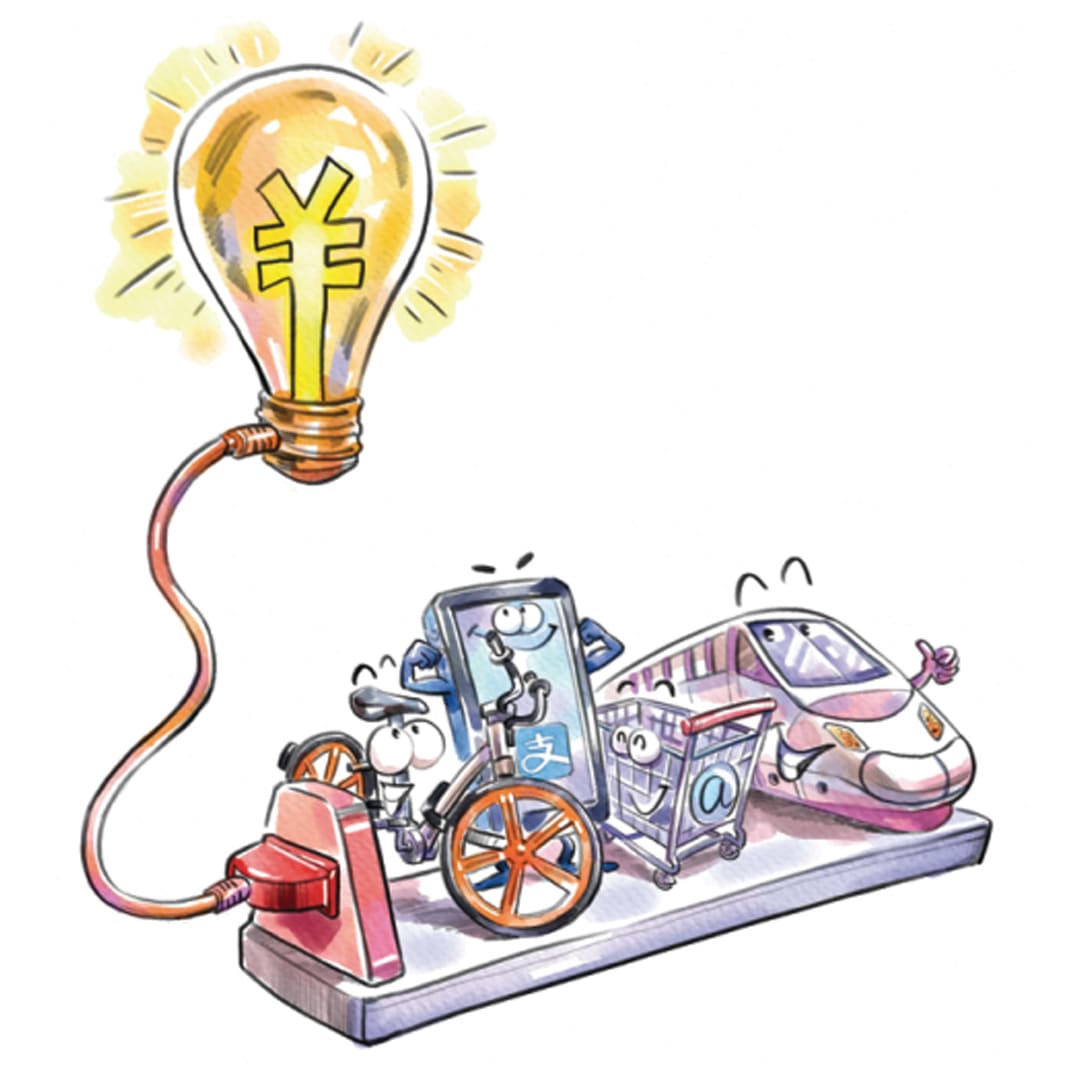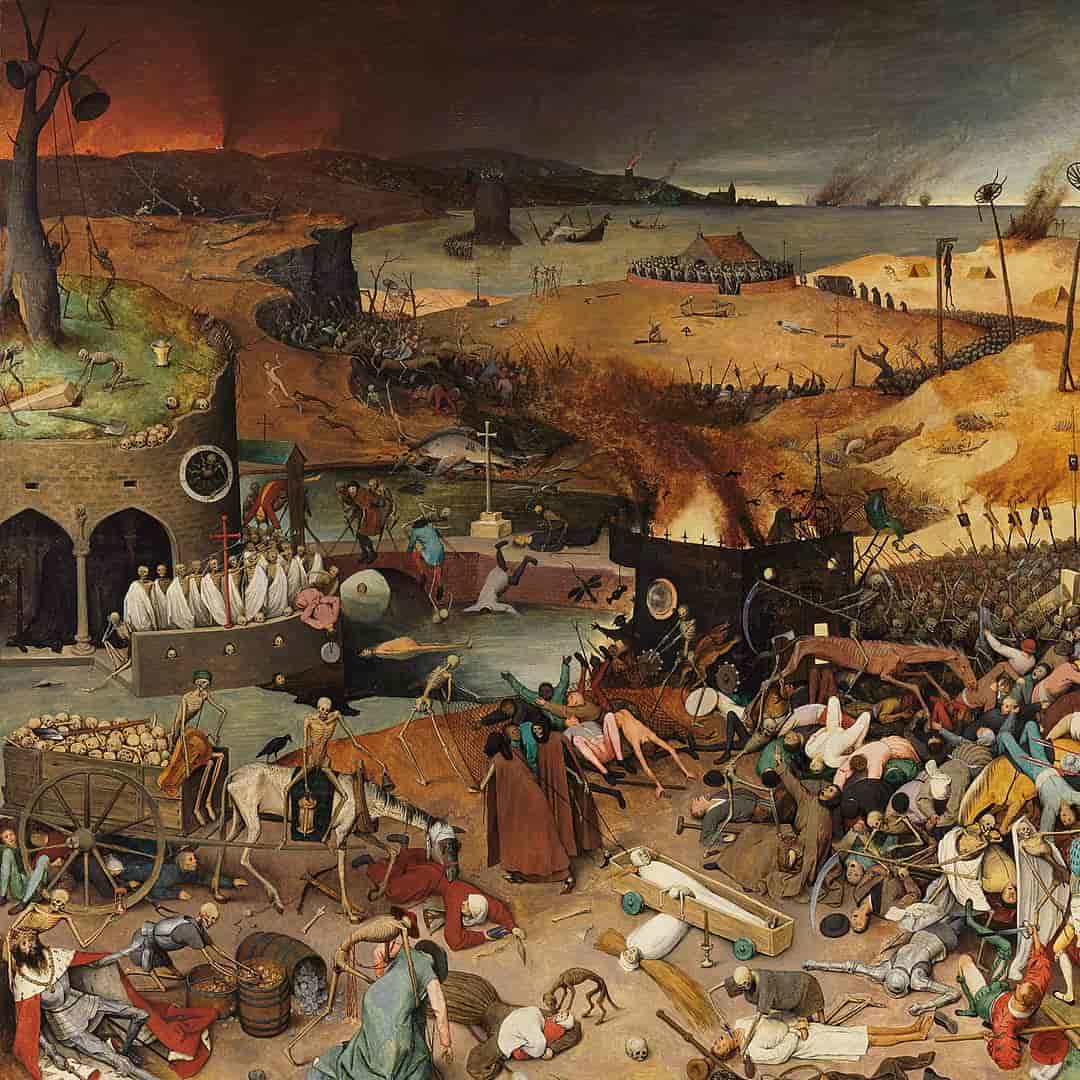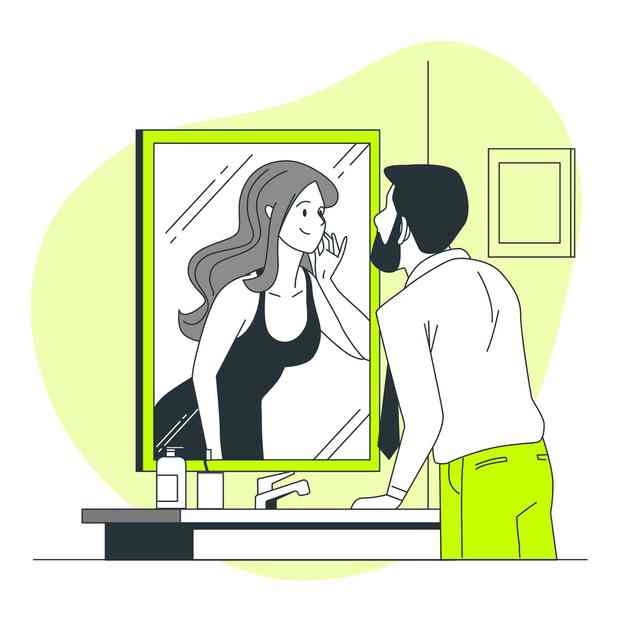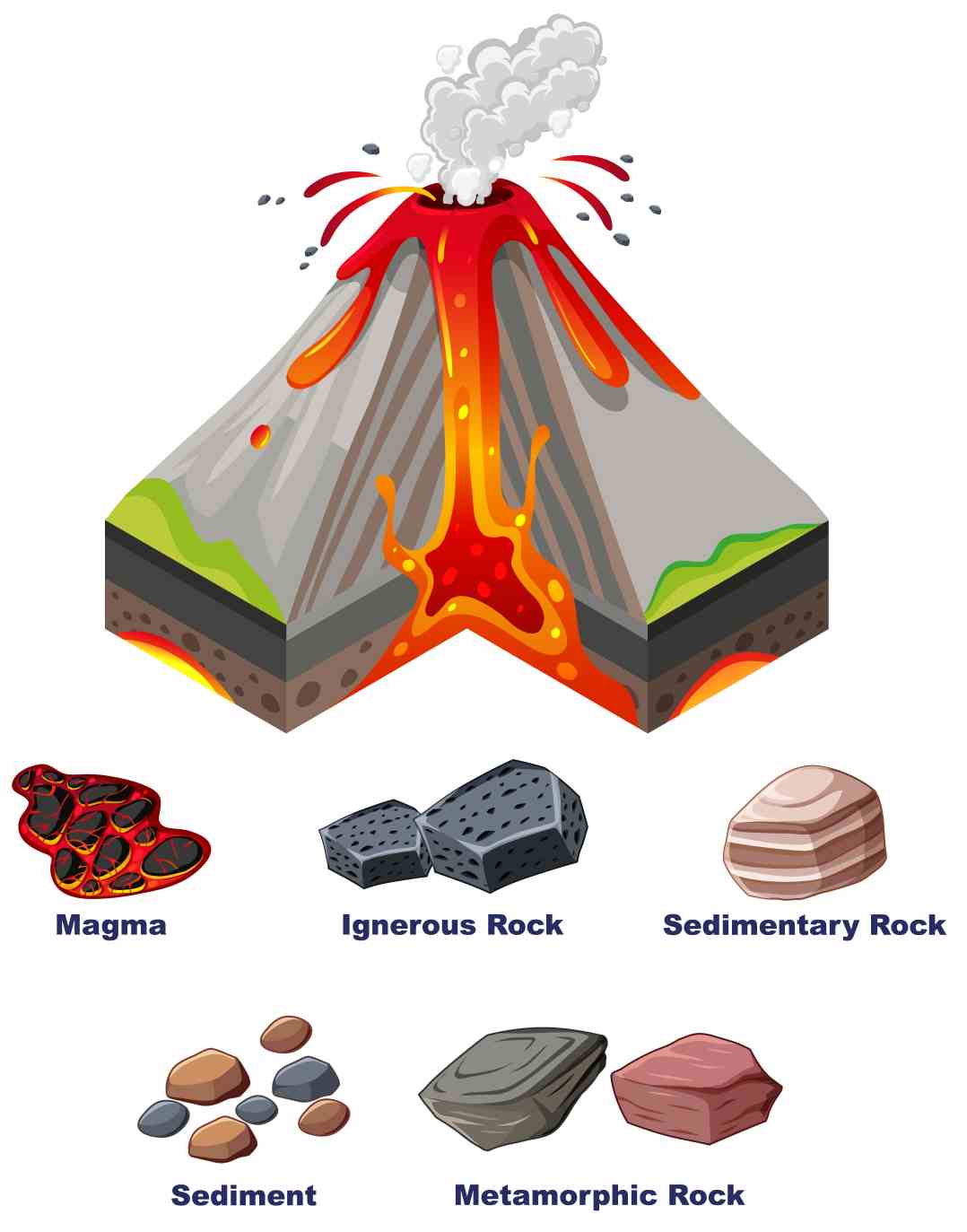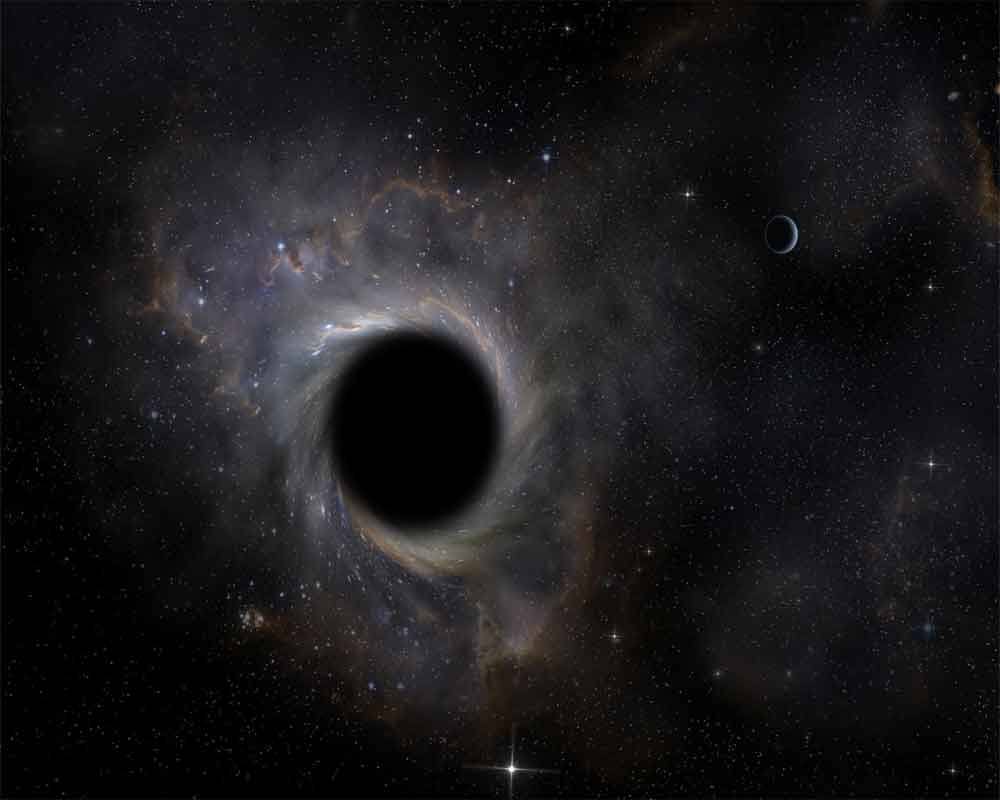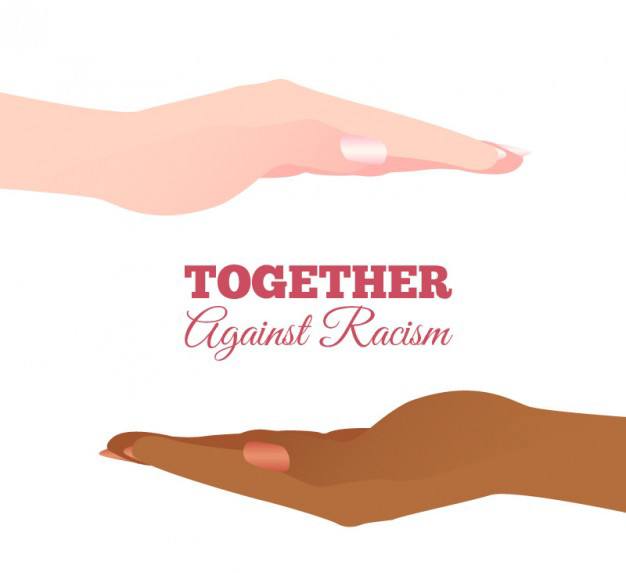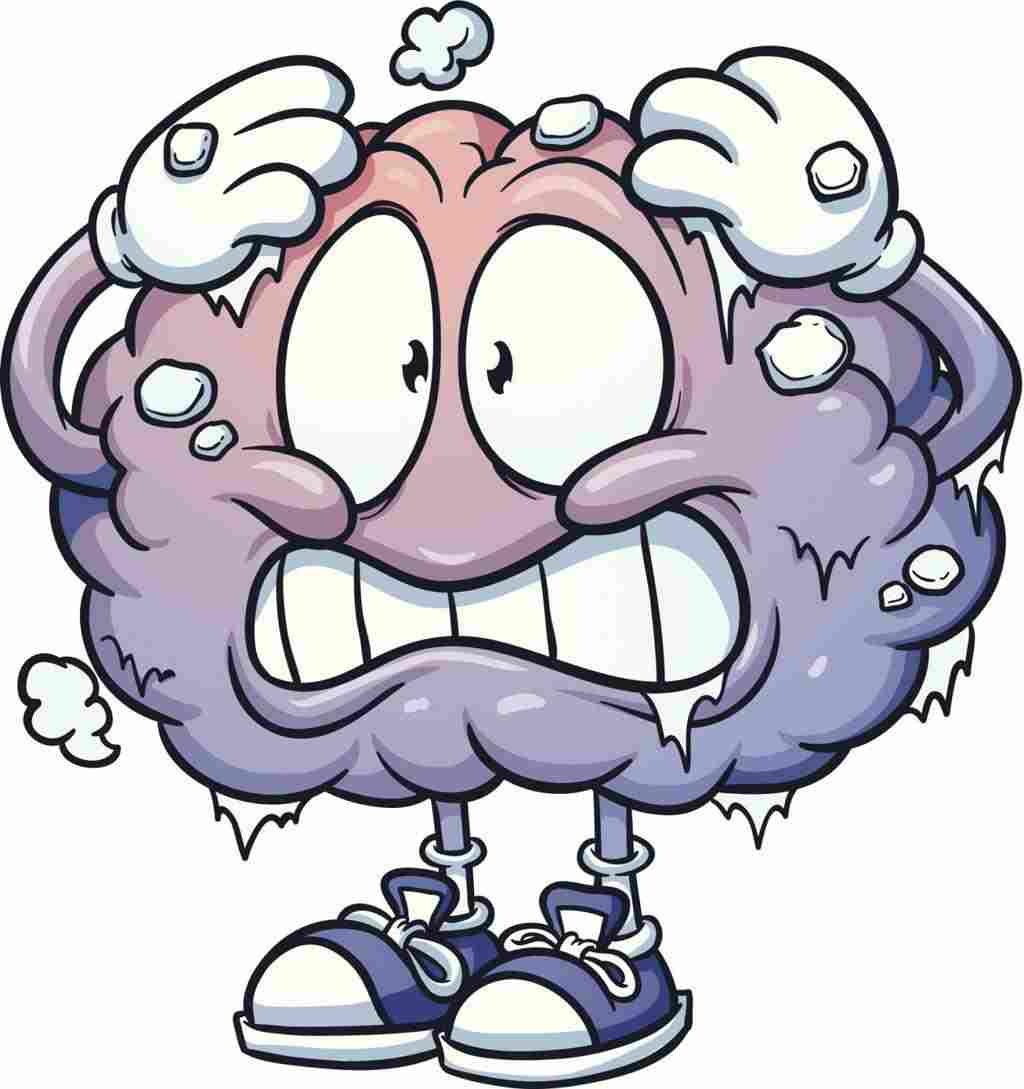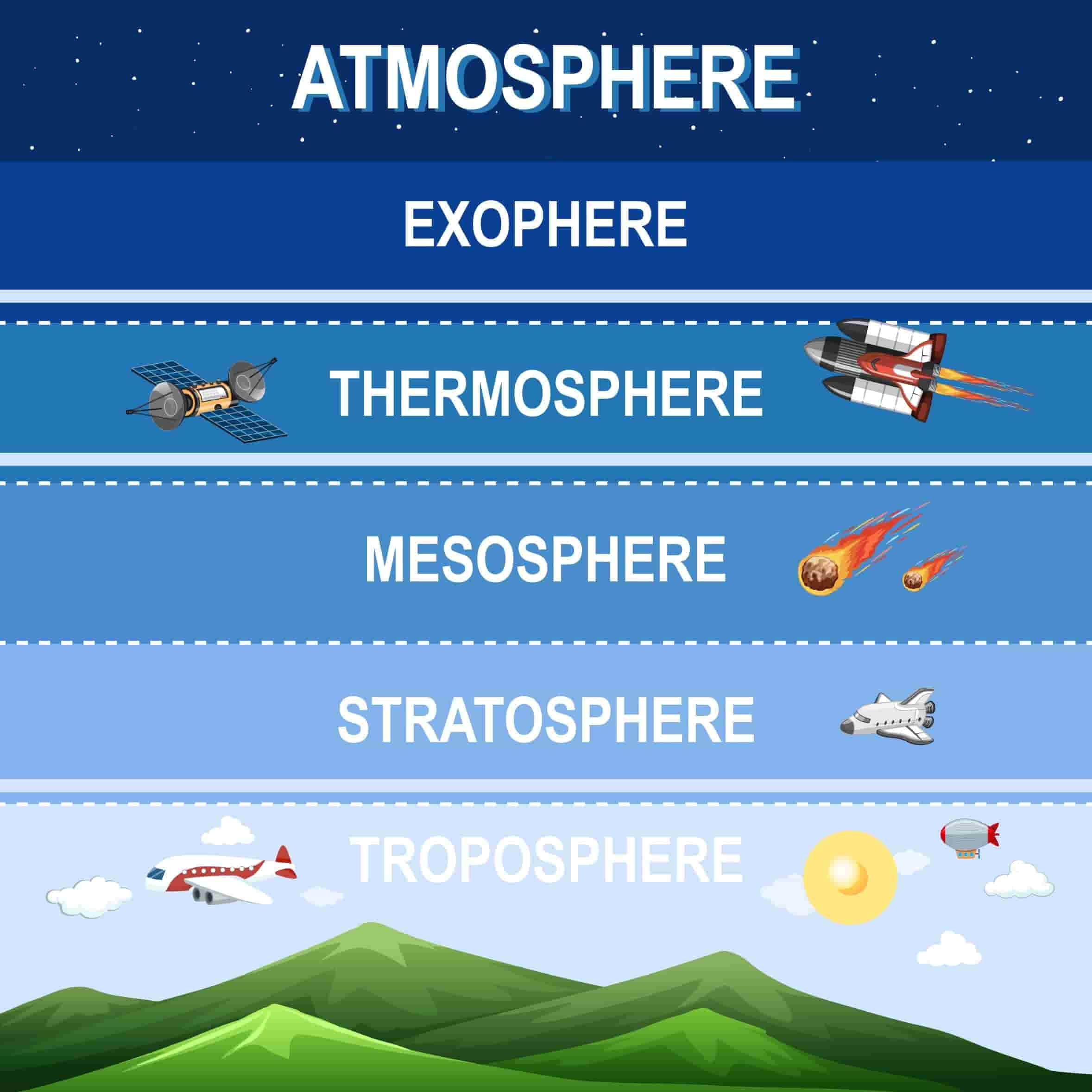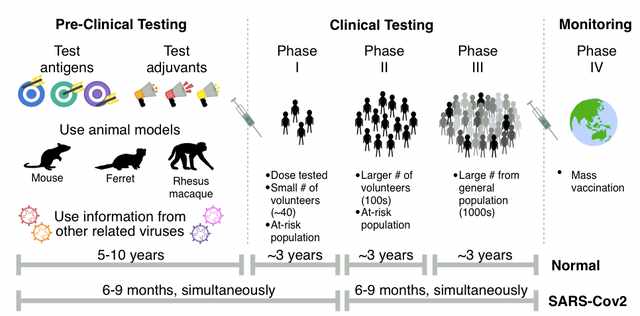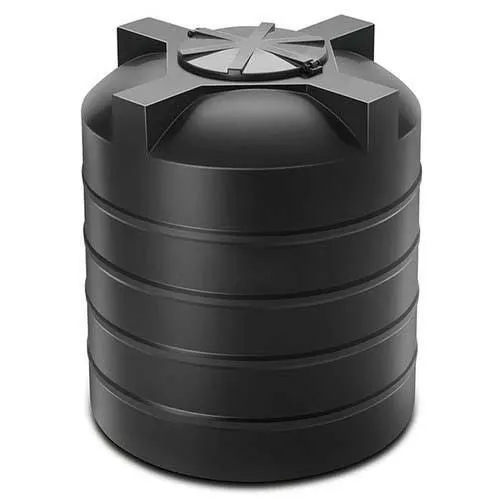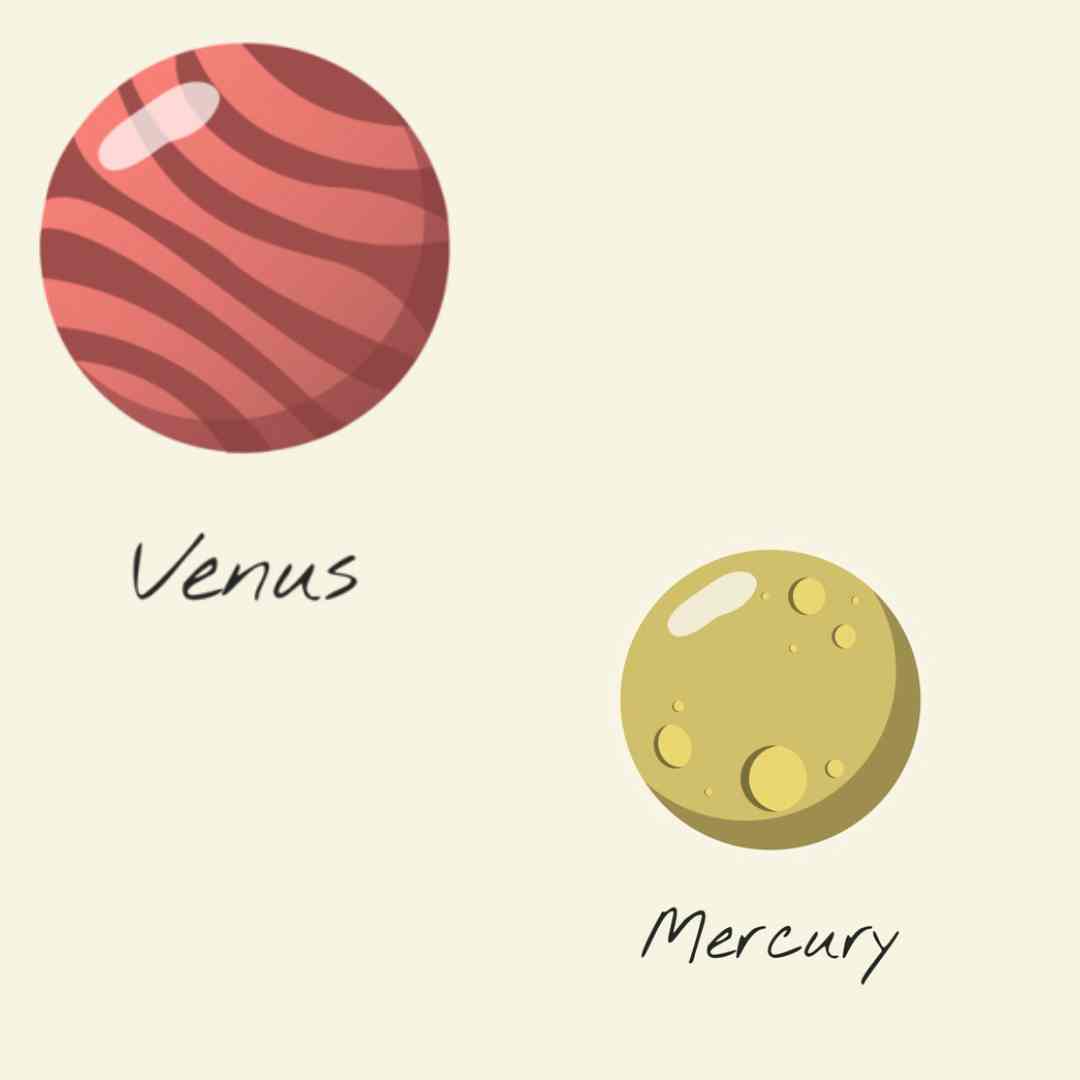Have you ever had one of those days wherein you couldn't sleep properly the previous night and you felt groggy and tired all through the next day?
Well, contrary to popular belief, sleep is not just an escape or a rest. Instead, it is one of those times when your brain performs a plethora of functions that are essential to your mental and physical well being. During trying times, such as the pandemic that we are going through, it might get hard to manage sleep, and yet, it is important to have that perfect sleep schedule.How can this be achieved?
Before we begin to think of a method or methods to manage one’s sleep schedule, let us first understand what sleep is and why it is necessary. It is evident that sleep is vital to the functioning of the human mind and body. But it serves more functions than that of just avoiding sleep deprivation.During the whole time that you are asleep, your brain is cycling through two different types of sleep : REM(Rapid Eye Movement) sleep and non-REM sleep.The first part of the cycle is non-REM sleep, which has four stages. The first stage comes between being awake and falling asleep. The second is light sleep, when the heart rate and breathing regulate themselves and body temperature drops. The third and fourth stages are deep sleep.
As you cycle into REM sleep, your eyes begin to move rapidly behind closed eye-lids, and brain waves that are emitted are similar to those during being awake. Breath rate increases and the body becomes temporarily paralyzed as we begin to dream. The cycle then repeats itself, and with each cycle you spend less time in the deeper non-REM stages and more time in REM sleep. On a typical night, you’ll cycle through four or five times.
There are two important factors that dictate one’s sleep and they are : circadian rhythms and sleep drive. Circadian rhythms are controlled by a biological clock located in the brain. One key function of this clock is to respond to light cues, increase the production of the hormone melatonin at night, then to stop the production of melatonin when it senses light. Sleep drive also plays a key role: Your body craves sleep, much like it hungers for food. Throughout the day, your desire for sleep builds, and when it reaches a certain point, you need to sleep. A major difference between sleep and hunger is that your body can’t force you to eat when you’re hungry, but when you’re tired, it can force you into sleep, even if you’re doing something. Taking a nap for more than thirty minutes during the day can throw off your night’s sleep by decreasing your body’s sleep drive.
It is during this time that important functions of the brain such as forming new pathways and processing information take place. Memory consolidation is also something that happens when we are asleep.
During times such as the pandemic that we are going through right now, it is easy to lose track of sleep and also to sleep at odd times and intervals. However, this can be proven to be fatal for our normal functioning through the day. A minimum of six hours of sleep is needed for the brain to retain it’s sleep functions.
These are some things you could do to reset and maintain your body’s biological clock : Do not nap, even if you feel tired. Try not to expose yourself to light before you plan on sleeping. Avoid eating or exercising too close to bedtime.

